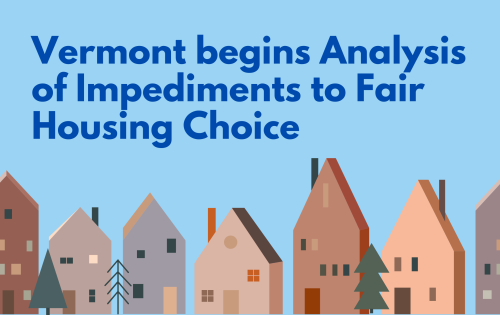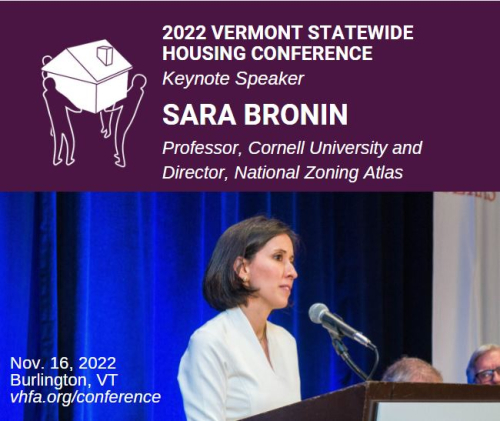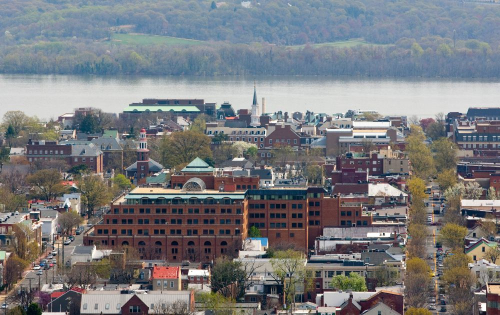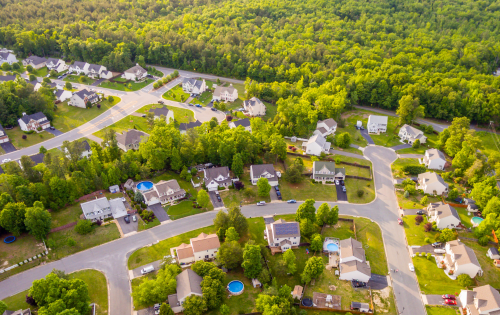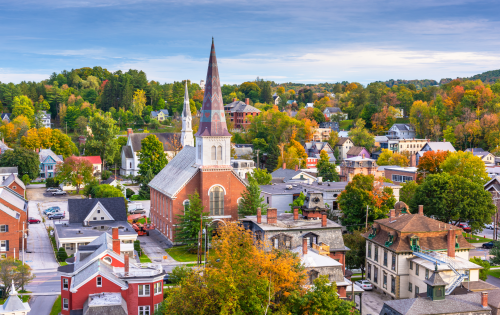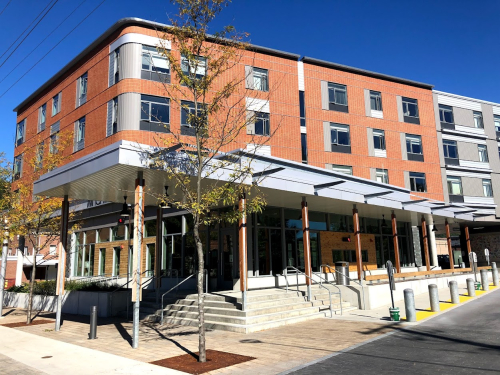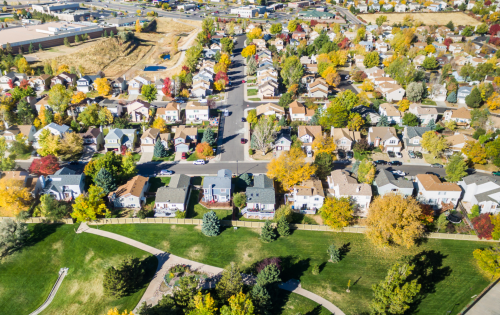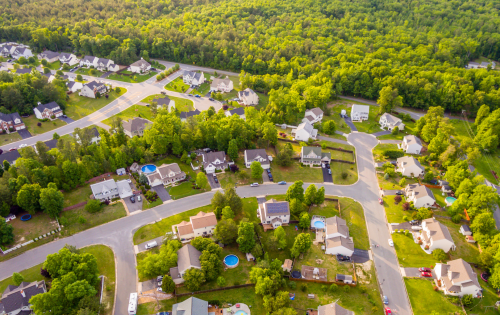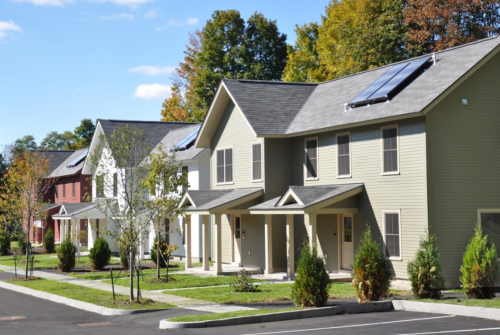Equal access to residential housing (i.e. housing choice) is a fundamental right that is critical to personal, professional, and community development. If equal opportunity is to become a reality, fair housing is a goal that public officials and private citizens must embrace.
Sara Bronin, nation's expert on broad impacts of zoning, to keynote November Statewide Housing Conference
This year's Vermont Statewide Housing Conference on November 16, 2022 will feature keynote speaker Sara Bronin, a Mexican-American architect, attorney, professor, and policymaker whose interdisciplinary work focuses on how law and policy can foster more equitable, sustainable, well-designed, and connected places.
Climate change raises risk of increasing inequities
The Urban Institute recently released an article about how an equity lens is essential to mitigating the effects of hotter summers that are expected in the future due to climate change.
Research shows new affordable housing can raise neighborhood property values
A report by the Urban Institute published in April of this year shows new research on how affordable housing units impact property values on nearby residences. Although a common argument used to oppose affordable housing is the fear that it could lower property values, data from this report shows that this is not true.
New data shows how Vermont towns balance jobs and homes
Towns with sufficient homes to house the employees that work there are more likely to make inroads against climate change and the housing affordability crisis. According to data published this week by the Vermont Housing Data website, the top Vermont town with over 10,000 workplaces to strike this balance is Essex. For every 100 homes in Essex, the town has 112 jobs.
Grants available for community place-making
The State of Vermont has announced the launch of of Better Places, a statewide community grant program that empowers Vermonters to create vibrant and inclusive public places in the hearts of Vermont communities.
Using local ARPA funds for housing can help Vermont municipalities
VHFA and the Vermont League of Cities and Towns recently published a checklist of options for using local recovery funds provided through the American Rescue Plan Act (ARPA) to promote recovery from the pandemic through investments in housing and neighborhoods.
Survey reviews barriers and incentives for affordable housing in Vermont towns
We know that housing development in Vermont has slowed in recent decades and this—combined with population growth, a decrease in household size, and wage stagnation—has led to the cost of buying and renting inching more and more out of reach for over one third of Vermonters.
Large New England lot size requirements push up home prices
Construction survey data finds that new homes in the Northeast tend to be built on far larger lot sizes than elsewhere in the country. The median newly built single-family home in the Northeast was built on a little under half an acre, compared to less than a quarter of an acre nationwide. Research suggests that strict zoning laws are responsible for the disparity and have resulted in higher home development costs and sale prices.
Investing in housing will help marry growth with vibrancy
Vermont learned last month that its population grew by a slim 2.8% between 2010 and 2020, less than the national average of 7.4%. But by planning to invest millions in American Rescue Plan Act funds in homes and neighborhoods, Vermont policy makers have embraced the opportunity presented by this decade to accelerate community and economic vibrancy.

